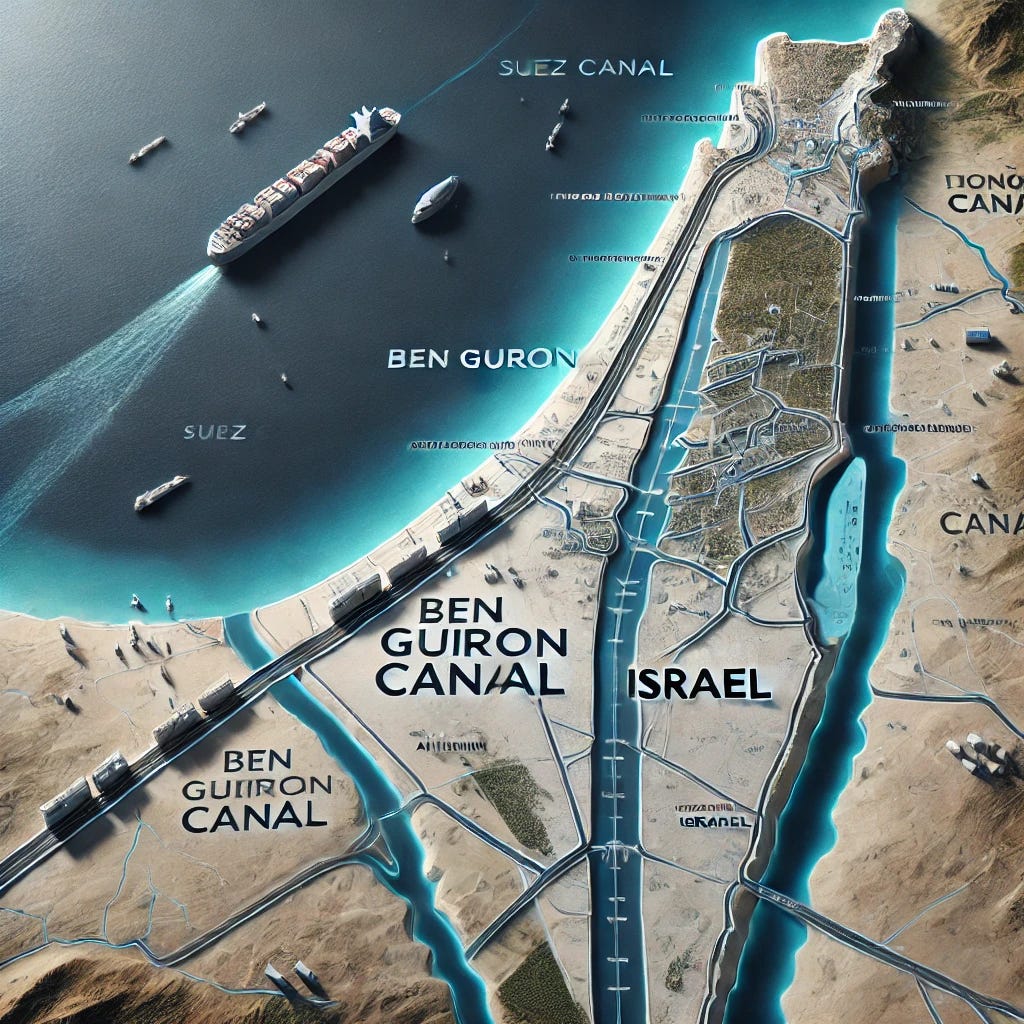As a Toronto real estate developer, I’ve seen my fair share of ambitious projects—tearing down Honest Ed’s to put up yet another glass condo, watching the ROM slap a jarring modern addition onto a beloved landmark, or building a high-rise directly on top of an existing mid-rise like a game of architectural Jenga. But even I have to admit: America turning Gaza into its next big luxury waterfront development project? That wasn’t on my bingo card for 2025.
The Deal of the Century (Or Just Another Money Pit?)
Let’s be real: the U.S. doesn’t exactly have a stellar track record when it comes to ‘fixer-upper’ nations. Iraq? Still under construction. Afghanistan? They handed the keys back to the previous owners in a panic sale. But apparently, that hasn’t stopped Uncle Sam from taking another crack at the geopolitical real estate game—this time in Gaza. Let's not forget Vietnam. Oy vey.
You have to admire the ambition. Gaza, after all, is a prime piece of Mediterranean waterfront property. Sure, it’s a little, well, messy at the moment—but tell me, what great development wasn’t once an industrial wasteland or a neighborhood everyone swore they’d never set foot in? If Toronto can make Liberty Village work, surely there’s hope for Gaza, right?
Zoning Nightmares and Permitting Disasters
Any developer worth their salt knows the real battle isn’t with the land—it’s with the red tape. And let’s just say, the zoning situation in Gaza is… complicated. Between international law, religious claims, military occupation, and the fact that a missile strike could undo weeks of paperwork in seconds, this is a permitting nightmare that would make even a Toronto city planner break down in tears.
Will Gaza be designated commercial, residential, or eternally disputed? Will the locals be given relocation packages, or is this more of a ‘renoviction' situation? And most importantly—who the hell is signing off on the environmental assessment? (Spoiler: probably nobody.)
The American Development Model: Build Now, Fix Later
If history tells us anything, America’s strategy is simple: go in strong, lay down some concrete, and figure out the rest later.
Picture it—Trump cutting a ribbon on ‘Freedom Towers Gaza’ while Lockheed Martin sponsors the grand opening of the first Tim Hortons in the Strip. Meanwhile, a brand-new ‘Innovation Hub’ pops up, where former Hamas leaders and Pentagon contractors awkwardly network over overpriced oat milk lattes.
Investors will be hesitant at first—"Is Gaza really the next Dubai?" the hedge funds will ask. But before you know it, there’ll be a 60 Minutes special about how a group of ambitious young American entrepreneurs turned this ‘formerly contested region’ into the hottest new tax haven for billionaires dodging wealth laws.
The Real Reason Behind What's Going on in Gaza
While everyone’s busy debating geopolitics and humanitarian crises, there’s a little-discussed economic factor at play: the Ben Gurion Canal. If you haven’t heard of it, that’s probably intentional. Picture this—a shiny new alternative to the Suez Canal, a mega-project that would reroute global shipping through Israel rather than Egypt. Now, guess what’s sitting right in the way of this grand plan? You got it—Gaza.
A canal of this scale would turn Israel into a global shipping powerhouse, and control of Gaza’s coastline would be crucial. Forget about freedom, democracy, or security—this is about logistics, trade routes, and making the right people very, very rich. Think of it as a billion-dollar infrastructure project with some unfortunate collateral damage.
The question is: will this grand vision actually materialize, or will it end up as another overhyped mega-project that never gets past the CGI render stage? Either way, don’t be surprised if this ‘real estate flip’ suddenly starts looking a lot more like a hostile corporate takeover.
The Inevitable Market Crash
Of course, as any Toronto developer will tell you, every real estate boom is followed by a bust. The moment the U.S. pulls out (because let’s be honest, they always do), the whole thing collapses faster than a pre-construction condo project in a recession.
Property values tank, foreign investors flee, and suddenly, the whole thing starts looking less like Miami Beach and more like post-recession Detroit—except with way more UN resolutions.
Final Thoughts: Would I Invest?
If I had to bet on Gaza’s future as a North American-style development project, I’d say it’s a hard pass. Even the most delusional Toronto flipper wouldn’t take on this level of risk. But hey, who knows? Maybe in twenty years, we’ll be booking Airbnb’s in "Gaza Heights" and complaining about the traffic on the Mediterranean Expressway.
Until then, I’ll stick to bidding wars and NIMBY fights back home.







